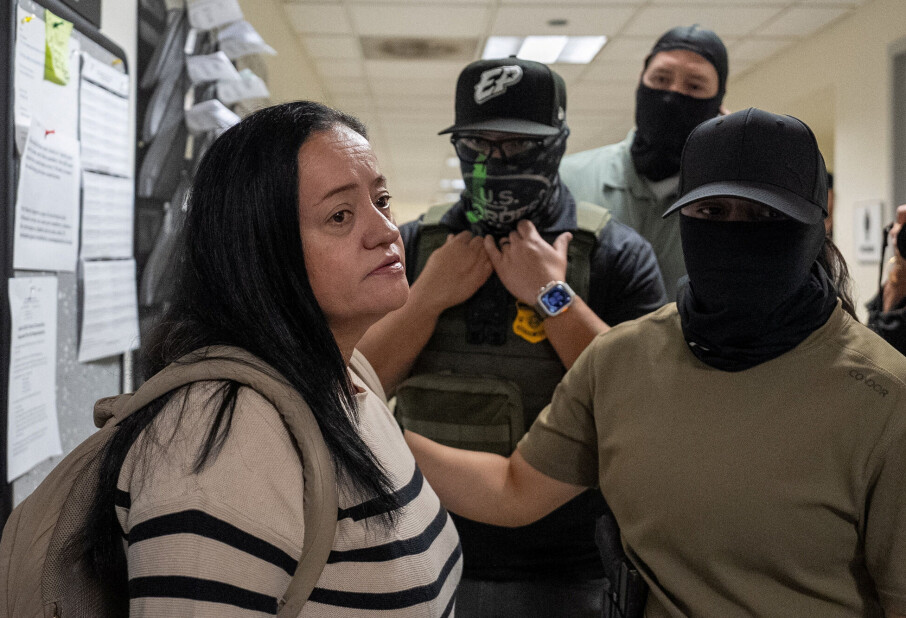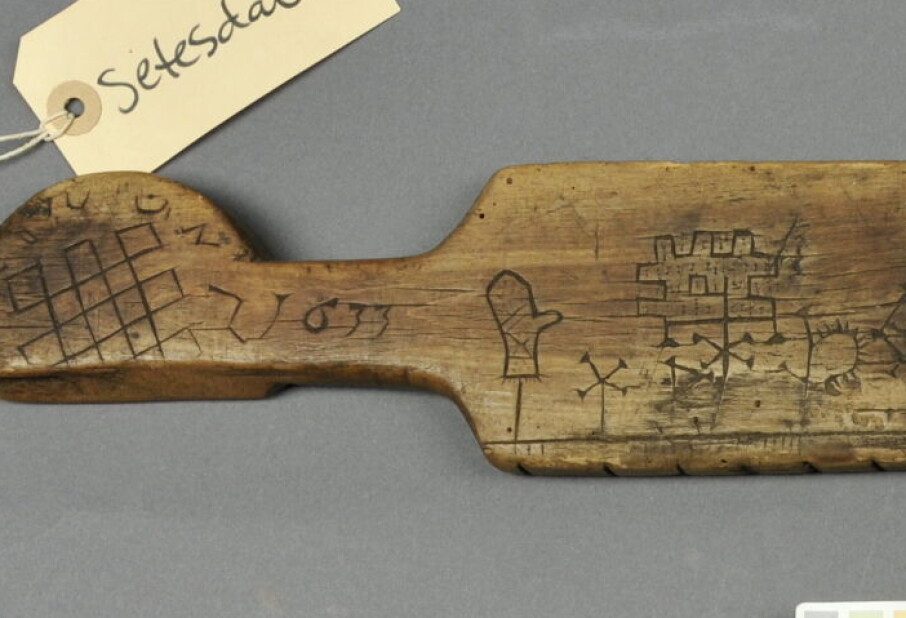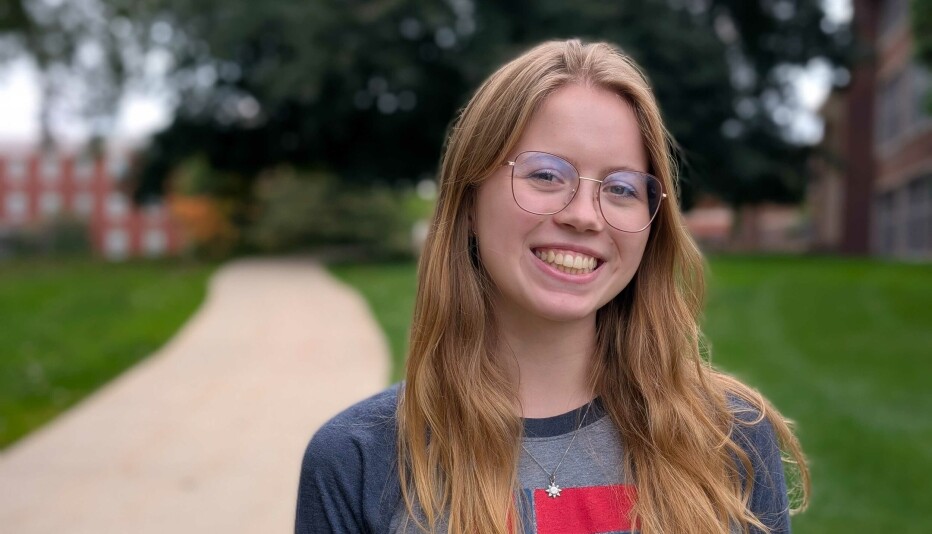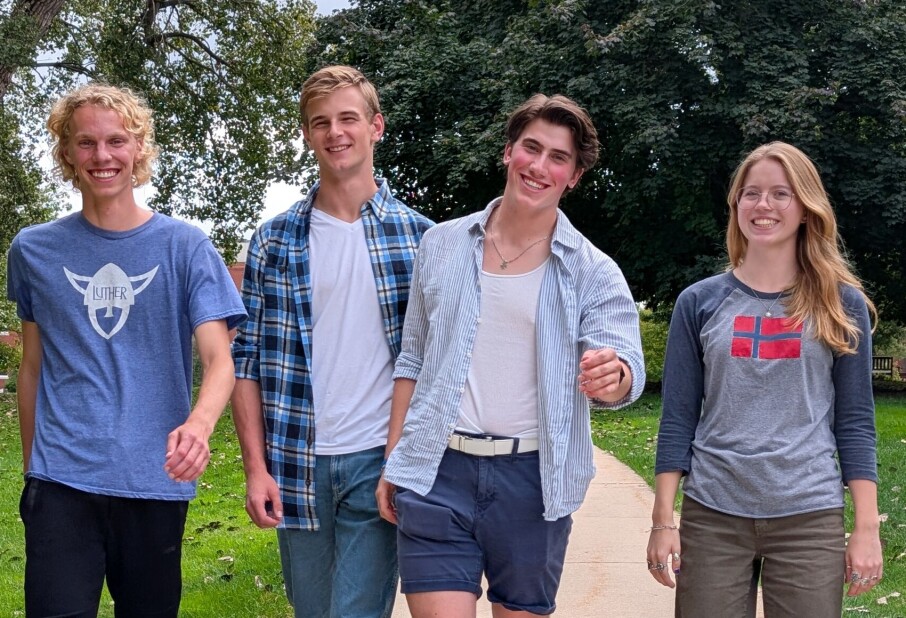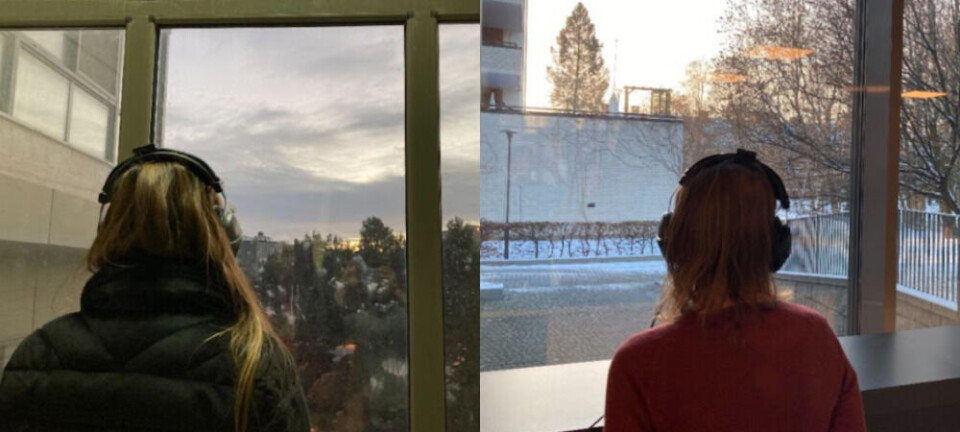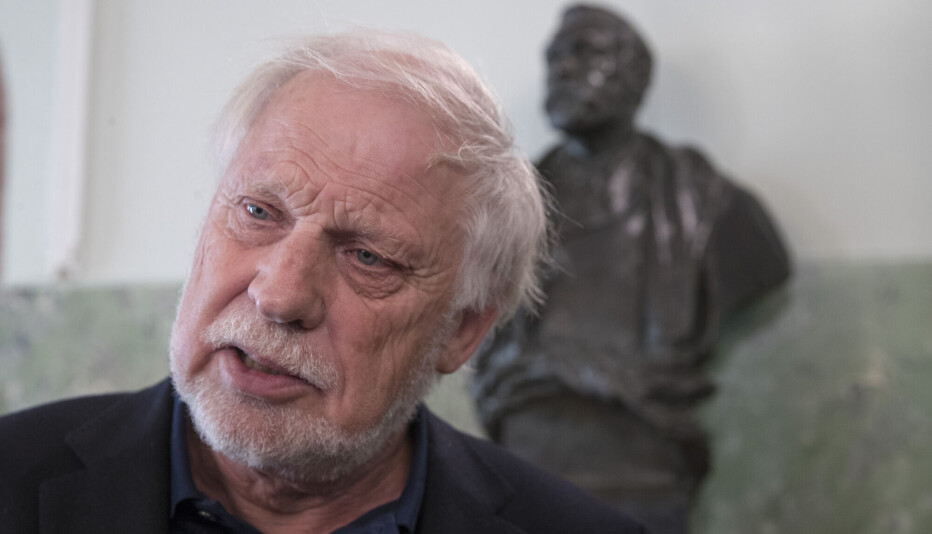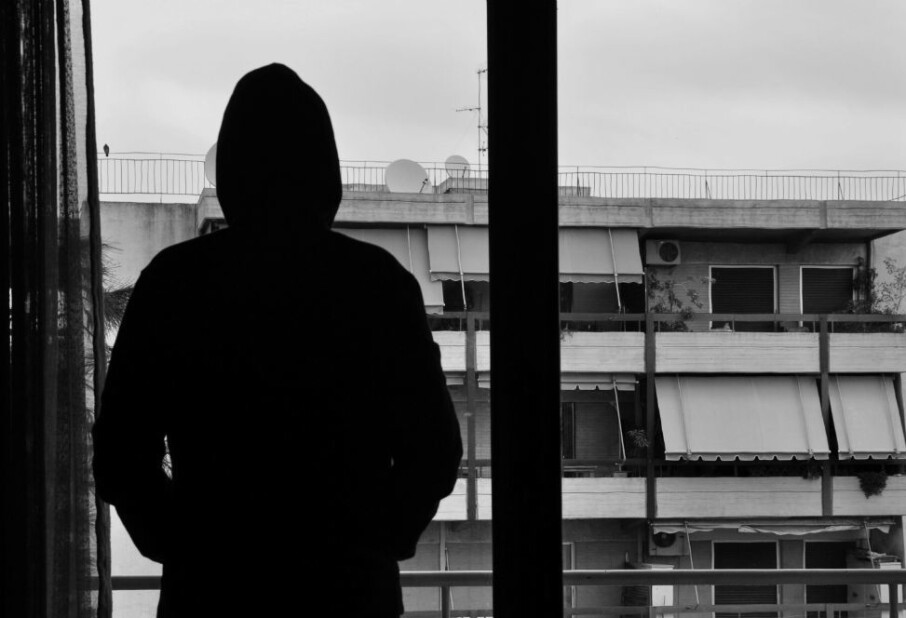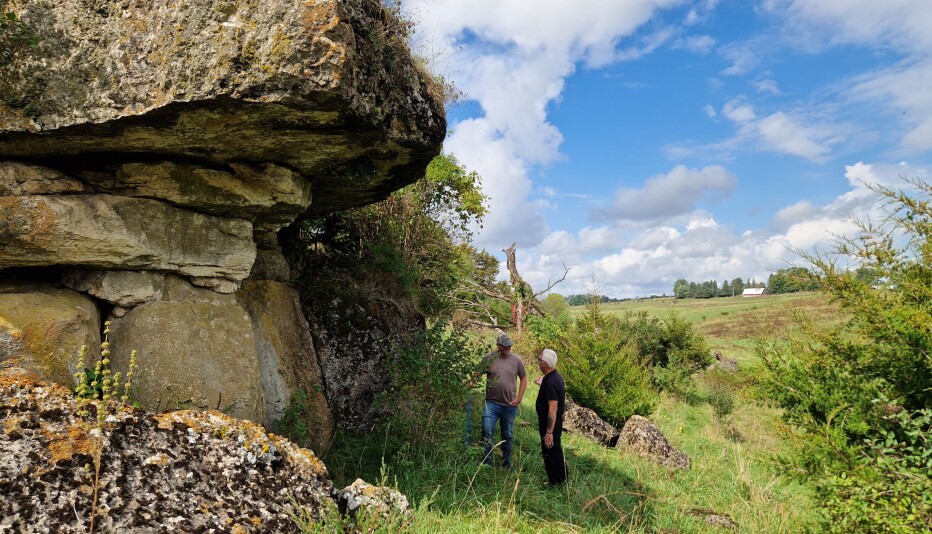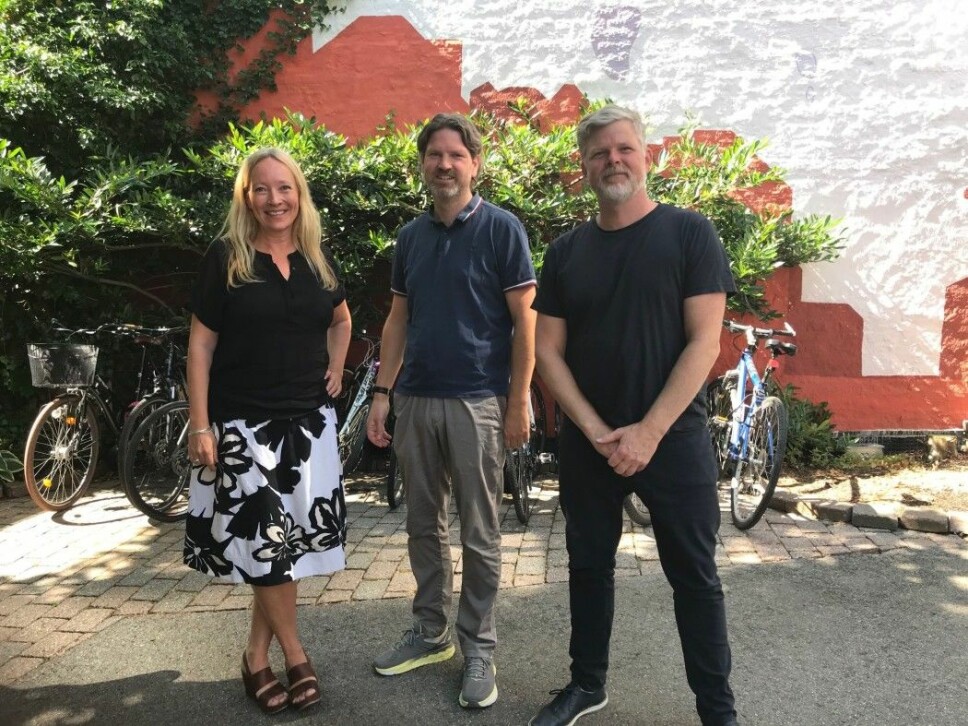
What happens when episodes of violence come up in family counselling?
Some believe that violence only happens in certain families. But according to psychologist Trine Eikrem, violence happens more often than we like to think. Adressing violence has been a challenge for family counselling offices in Norway.
Trine Eikrem, Pål Erik Carlin and Jan Frode Snellingen all have years of experience working as therapists for family counselling services in Norway.
Now they also work in an expert group on violence and serious conflicts in Oslo.
Here they welcome people who struggle with couple issues and family conflicts.
More people need help
The family counselling offices in Norway handle more cases than ever before. These offices offer mediation and help with conflict or communication problems for couples, families and parents.
Violence issues are seldom part of their request for help. But in many cases, violence turns out to be one of the problems.
New focus on violence
Domestic violence has been a topic for the family counselling offices in Norway since they opened in 1958.
But to label it violence and to adress it systematically, is new.
In 2015, the authorities established the expert group on violence to help the offices tackle the problem.
Monika Grønli Rosten, a researcher at the OsloMet institute Norwegian Social Research – NOVA, recently submitted a report on how violence is handled in the family counselling offices .
One of the questions addressed by the researchers is how the therapy has changed on the issue of domestic violence: from viewing it as a type of argument, to recognising that people are victims of violence.
What happened during the argument?
The new awareness on violence took place in Norway’s family welfare services in the 2000s, Rosten says.
«Therapists started asking questions in a different way. They became more aware of their responsibility to uncover violence. Since then, guidelines have been developed to help them discern and count cases with violence. We wanted to look into the results of this change»,” says Rosten.
«In the past, when people said they argued, not much was done. Now we stop and ask them if they can tell us more about what happened during the argument. This helps us uncover more violence», says Trine Eikrem. She is a psychologist and heads the expert group.
Today, she thinks back with horror on past cases where there might have been violence, but the clients didn’t get any help. She believes they now offer better services.
Every family therapist today must be able to ask and talk about violence competently, according to the three family therapists.
Violence often comes up during conversation
The researchers in OsloMet conducted a survey on violence among all the therapists in family counselling offices. Of the 15 000 active cases, violence was one of the main issues in almost 25 per cent of the cases. In 60 per cent of these cases, violence was not entered as a reason for requesting family councelling. Rather, it became a topic in the course of the therapy sessions.
The study also showed that almost all therapists had cases had cases where violence was a main issue.
«This means that we have to be competent in talking about violence», says Jan Frode Snellingen.

Not just punches and kicks
Society understands and defines violence differently than before. We used to think about violence as fractures, bruises and open wounds, but today the definition has expanded considerably. Now also psychological and material violence are included.
Often, people who come for therapy aren’t aware that they are subjecting their family to violence. This is an important reason why violence is not brought up as a topic right away, says Eikrem.
People feel a lot of shame about being subjected to or subjecting others to violence. For example a mother who has experienced violence and now struggle with bouts of anger toward her kids.
«Perhaps the biggest challenge is that both the client and the therapist tend to get tense when the topic of violence comes up», says Snellingen.
Violence happens in relation to others
Rosten has visited office managers, therapists and other key persons in family counselling offices in various parts of Norway.
She believes that the way the offices works with violence is unique. But also controversial.
Both in the research on violence and in society we distinguish clearly between the perpetrator and the victim of violence. Also in the Norwegian welfare system you get help as either one or the other.
But the family counselling offices treat the two parties differently, Rosten says.
«A deeply held understanding of violence in the professional tradition of family therapy is that violence is a phenomenon that arises in relationship to others. And it is not just about the family, but the society you live in. When therapists see people in their office, they will understand and treat the violence based on who you are in relation to others.»
A strong ideal for therapists is to gather the relevant parties in a room and listen to what they have to say, without judging whether they are right or wrong, she says.
Sensitive to local culture
In her visits to family counselling offices, Rosten was struck by how sensitive the therapists were to the cultures of the various communities they worked in.
«In inland municipalities people talked about violence having to do with farm inheritance rights. In commuter communities they talked about the violence that occurs when one person in the family is away a lot of the time. In coastal communities, people talked about traditional gender roles in fishing», says Rosten.
She observed that therapists thought that the local culture helped them understand why violence happens in a particular family.
What about zero tolerance?
This way of working is very challenging when it comes to violence, Rosten says.
«It clashes with the zero-tolerance approach of the entire Norwegian welfare system. So the tension here is insane.»
The family therapists make it very clear that violence is not okay, she says.
«But to understand how violence operates in a family, you have to put aside your judgment. You must help the parties see what’s going on with them. And then you ask them if they think that situation is okay», Rosten says.
This can be a problem when therapists encounter cases with serious violence and the clients are not interested in the perspective of others. In those situations they sometimes feel that they fall short.
«But it takes a lot for therapists to give up», says Rosten.
Big discussions
Pål Erik Carlin says that there is a lot of discussions about approach in the field of family therapy, especially internationally. Is it possible at all to address violence in counselling? Is it ethically sound?
«We believe that cases of violence are just as varied as other types of cases. We have to first obtain enough information to differentiate on the basis of severity, the need for help and the possible measures that can be put into place in or outside family welfare services», says Carlin.
«Sometimes it doesn’t take much to resolve a situation», he says, «when everyone in the family has a pretty similar description of what's going on between them.»
«But for others who can’t agree on what’s going on, bringing about change can be extremely difficult», Carlin says.
Eikrem believes it is especially important to be aware of the power dynamics when having several people in a room talking about violence. «We can make serious mistakes and expose people to stress and danger if we’re not careful», he says.
Family counselling offices at a crossroads
Rosten thinks that the family welfare offices’ unique way of working can change in times ahead.
«It’s good to have a standardized process and that therapists are obliged to ask about violence, but it can also go too far», she says.
“I think that in the long run the process will affect how much therapists will address violence in the way they’re doing today. Their relational and contextual perspective on violence is under really strong pressure from society in general, with more routines and systems being introduced. In family services, there’s a lot of time pressure, but also pressure that stems from the standardization that happens when problems are required to be solved according to a specific template,” says Rosten.
More people concerned about their circumstances
The family counselling offices have experienced an increase in the number of inquiries in recent years.
«The therapists’ freedom to take on and follow up cases is under pressure,» says Snellingen.
The researchers believe the increased demand has a lot to do with the fact that family counselling offices are low threshold and have become better known. But the general focus in society on therapy is also a factor.
«In the last ten years we have seen growing attention placed on strengthening and working with relationships, parenthood and family in the media, podcasts, magazines and books», says Carlin.
Translated by Ingrid P. Nuse
Reference:
Rosten, Monika Grønli, Øverli, Ingvil Thallaug, Gundersen, Tonje: Truffet av volden, Familievernets arbeid med vold i nære relasjoner (Hit by violence, Family welfare work on violence in close relationships), NOVA Report 2020.
———








